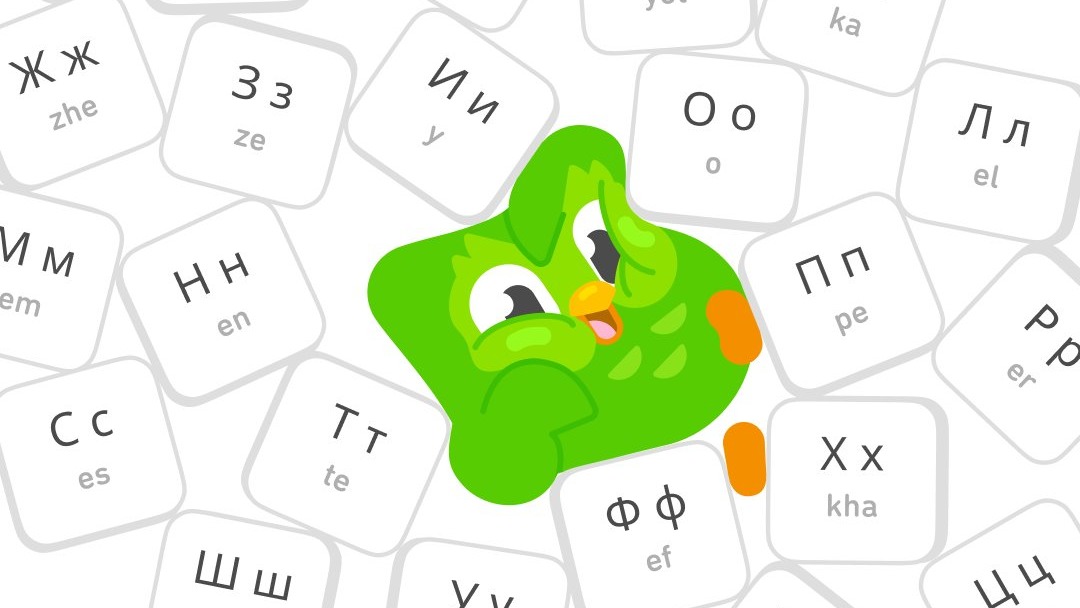
According to former contractors, Duolingo is replacing translators with AI translations.
Machine translations have been a thing for over a decade, but as strides are made in generative AI technology, machine translation is being used in more and more places. Duolingo, perhaps in an attempt to save money has allegedly begun performing their own translations with AI.
Duolingo laid off a huge percentage of their contract translators, and the remaining ones are simply reviewing AI translations to make sure they're 'acceptable'. This is the world we're creating. Removing the humanity from how we learn to connect with humanity. pic.twitter.com/YdT6CTB3Kj
— Reid Southen (@Rahll) January 8, 2024
Translators are generally speaking, put into a high trust position. Translators are supposed to translate words and phrases in a way that users can read them, and for Duolingo users also need to trust that these translations are accurate for when they attempt to speak or write the language.
Duolingo and other language learning apps haven’t had the same problems as media localization, which allows for a more nuanced consideration for whether or not machine translation is even appropriate here.
On one hand, language learning material should be as direct as possible, but on the other hand translators should be trusted to provide human context for phrases and to arrange them in naturally sounding ways.